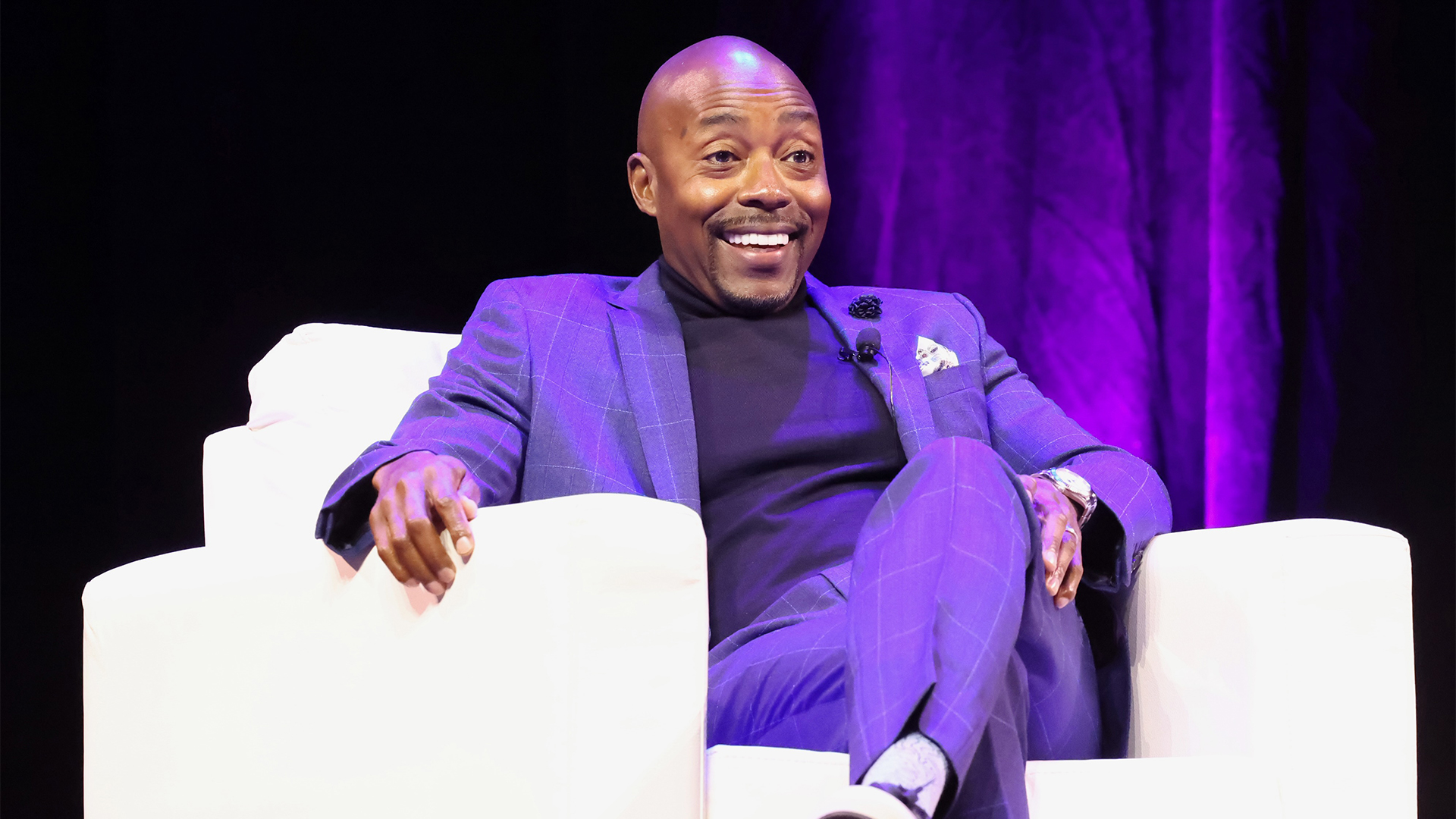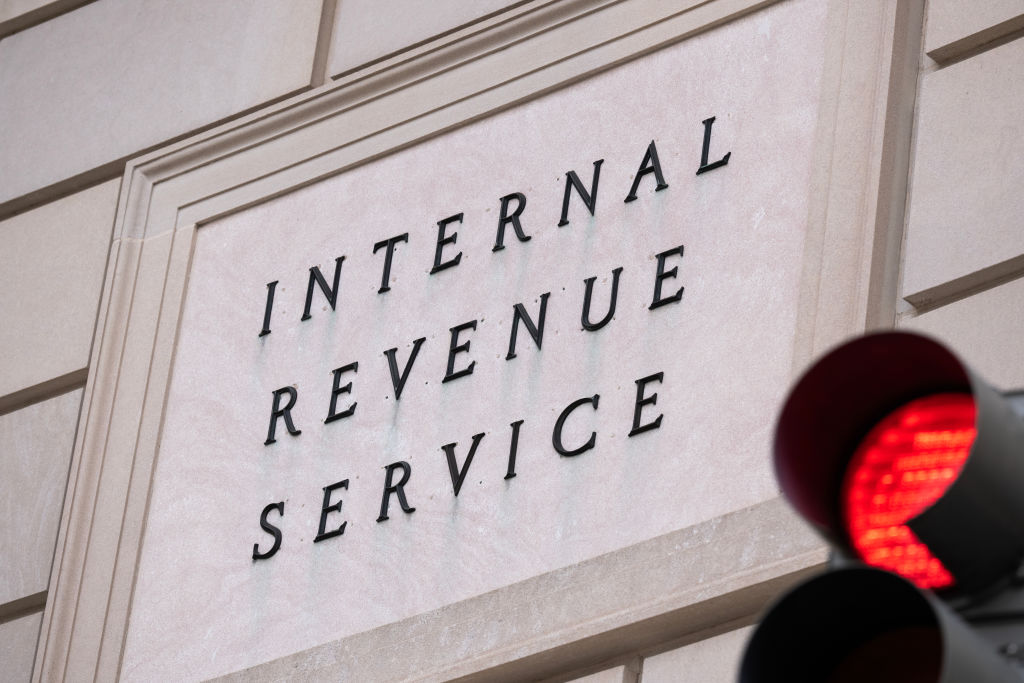Editorial Note: Opinions and thoughts are the author’s own and not those of AFROTECH™.
President Donald Trump has gone all in on his tariff crusade, announcing last week a 10% tariff on almost every country with even higher tariffs on specific countries. From beauty and food to car automation, every industry is currently reeling with the stock market dovetailing, and the potential negative aftereffects will be felt for decades to come.
However, the now billion-dollar AI industry is at risk of being decimated thanks to Trump’s tariffs. Pro-crypto and pro-AI fanatics have curried a lot of favor with the president, so much so that many of them have been appointed as high government officials to advance America’s standing in the global AI race. Even though Trump has reversed his initial thoughts towards technology, his insistence on tariffs may hurt the AI industry after all.
According to Time, AI companies, along with several other industries, lost billions of dollars when the tariffs were announced. Among other things, tariffs will increase the price of AI data centers that train AI models. The chips themselves — hardware used inside AI data centers — are exempt from the tariffs but only if they are imported as standalone products. Unfortunately, most chips are not imported that way. They arrive already packaged with the servers.
The majority of these data centers come from China, which has been the point of contention for the Trump administration. But companies like Nvidia, which has emerged as one of the leading companies in AI, assemble data centers in Mexico and can evade the tariffs under a free trade agreement. However, with the potential rise in costs for constructing the materials as well as other supplies and infrastructure, AI companies may consider moving abroad instead of staying in the U.S., which is the opposite of what is intended by these tariffs.
Despite the Trump administration’s possible exemptions for AI companies, the increasing likelihood of a recession caused by Trump’s trade war could create more complications for the future of AI. A recession could lead to less money being spent overall, layoffs, and a retreat for blank-check spending that the AI industry has benefited from within the past few years.
But while consumers can expect the price of clothing, food, and other necessities to rise, using AI won’t come at an additional cost. Epoch AI claims that the cost of using AI, to compete with GPT-4, is decreasing at a rate of around 40-times per year, thanks to algorithmic efficiencies, hardware improvement, and pricing competition. Still, if the demand for AI is disrupted due to a collapse in the economy, the AI industry bubble might finally burst.
















